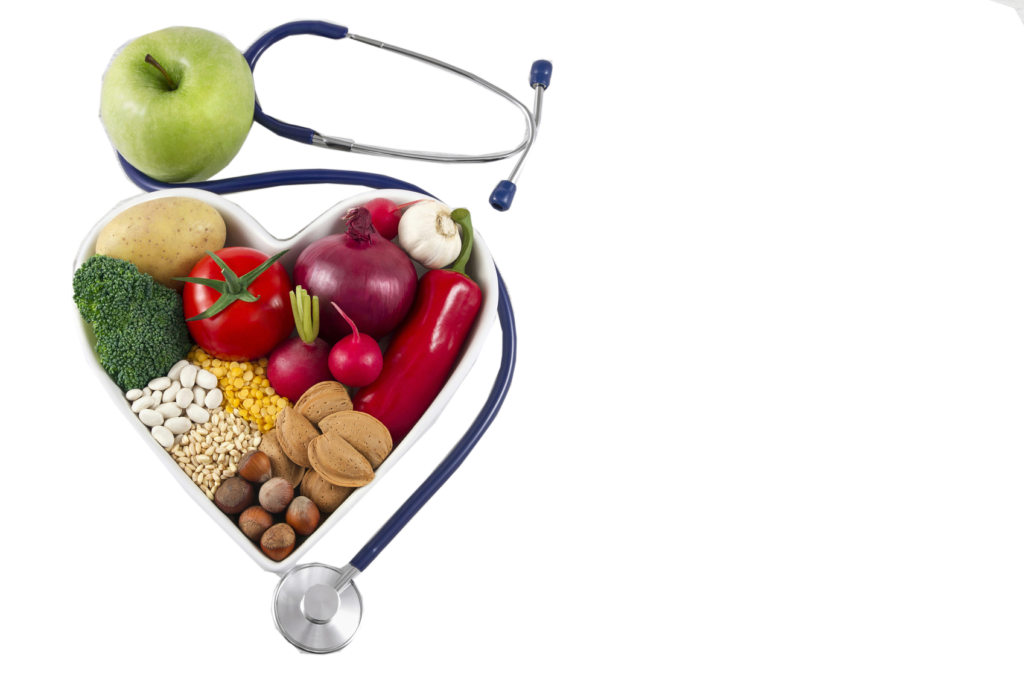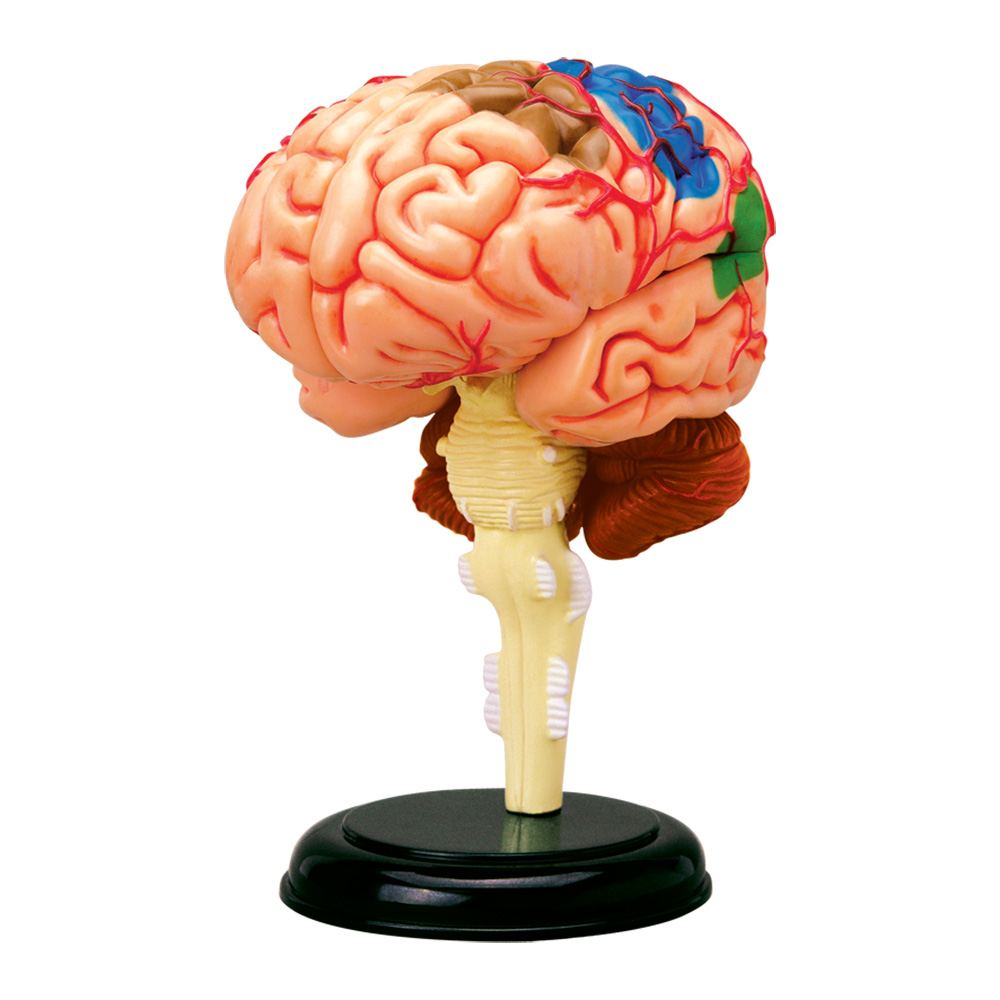
Feature
Living Healthier Lives
By Sue Cullen
Turning the calendar page spreads a new year of possibilities before us and inspires determination to live our best lives. How do we do that? By resolving to be more relaxed, nourished, mentally sharp and robustly healthy with a little leading-edge advice from the experts.

Nutrition
Mediterranean, keto, paleo, raw, low-carb, high-protein, vegan, South Beach, DASH, fruitarian, gluten-free. The list of diets and their associated health claims really does go on—and on. Throw in the notion of fasting, not to mention detoxing, and it’s no wonder people are confused. What keeps us exploring down these bewildering paths is the quest for health, anti-aging and longevity, and there is compelling evidence that what and how we eat holds some promise.
Dr. John Monhollon, a family physician with Florida Integrative Medical Center (941.955.6220/flimc.com), not only has a clear cut dietary approach he recommends for patients but also one he has practiced himself for most of his life. “We are eating a non-human diet. Our bodies were designed to eat whole, natural foods, and you can’t expect it to run right without putting in the fuel it was designed to use,” Monhollon says. “Over the last 100 years, the human diet changed dramatically. Tremendously effective advertising taught us that natural food is not what we are supposed to be eating. We should be eating processed foods. That’s the cause of most of the disease we have in my opinion.”
Monhollon recommends a largely vegetarian diet, which he has been eating for 37 years with an emphasis on raw foods since heating over 107 degrees Fahrenheit destroys enzymes. Within that broad guideline, Monhollon advocates a personalized nutrition program based on an individual’s needs and food sensitivities. He is a strong proponent of drinking fresh, raw vegetable juice, which he considers concentrated nutrition.
For the very ill, Monhollon recommends only vegetable juice, and adding vegetables and eventually fruits, nuts and grains as their health improves. “The sicker you are, the more restrictive your diet should be. Fasting is a great healer,” he says. “I encourage everyone to fast with vegetable juices for some period of time. Someone with a life-threatening condition should eat no food at all. It takes a lot of energy to process food, and when someone is sick, that energy is needed for healing.” Cancer patients also should avoid sugar since the malignant cells’ metabolism requires it for fuel. That includes limiting fruit, fruit juices, starches and alcohol.
Fasting is a trending topic at the moment, but the idea of fasting dates to ancient times. Research since the 1930s has associated severe calorie restriction–by 25 to 50 percent or more–with anti-aging properties and increased lifespan in lab animals. More recently, research with Rhesus monkeys, which share 93 percent of their DNA with humans, showed similar benefits.
Research with humans suggests fasting reduces insulin resistance and improves blood sugar levels, aids blood pressure and cholesterol regulation, fights damaging inflammation, boosts brain function, and has shown anti-aging and longevity benefits. “Fasting is an excellent discipline for restricting calories and a recipe for a longer life with less disease,” Monhollon says. “You can do it on your own. It’s not that radical. In the early days, three meals weren’t available every day. We ate when we hunted and gathered. If our bodies were not designed to fast, we wouldn’t have survived.”
Intermittent fasting, which confines eating to a limited number of hours daily, also has shown promising results. “I don’t eat until noon. I do drink vegetable juice whenever I want,” he says. “We’ve always been told breakfast is the most important meal. I’ve found that to be a big lie at least for most adults. I’ve been doing intermittent fasting for over three years. I don’t miss the food, and I don’t feel as good on the days that I cheat.”
Proper nutritional supplementation is important with–at least–a high quality multivitamin. Crops are grown in depleted soil and even eating all natural, whole foods may not supply required nutrients. Monhollon also advocates regular detoxification with fasting and herbal support to ensure toxins don’t accumulate. He likens it to a spring cleaning in addition to regular housekeeping. “I want people to know that this can be very simple. You don’t need a Ph.D. in nutrition to fuel the body,” he says. “It’s built in. Just eat a variety of natural foods, and your body will perform beautifully for you.”

Prevention
Benjamin Franklin got it right when he said “an ounce of prevention is worth a pound of cure.” Nowhere is that more true than with our health, and the great news is we can do a lot when it comes to prevention. That also is the bad news because when it comes to avoiding–or healing–serious and chronic health conditions, there’s no short cut to a cure-all. Our fates rest largely in our own hands. That includes taking the initiative to find the right kind of help because—while there is no miracle pill—there are ways to fight accelerated aging and boost health.
“The best prevention is not getting old by prolonging health as long as you can over your lifespan. I call it the health span,” says Dr. James E. Williams of Florida Integrative Medical Center (941.955.6220/flimc.com), who has been a pioneer in integrative medicine, longevity and quality of life. In addition to mastering integrative, naturopathic, and Chinese and Ayurvedic medicine, Williams has produced seven books and programs as well as numerous blog posts on related topics. He also travels the globe to glean ancient wisdom in ethnobotany from indigenous tribes.
When it comes to prevention, it helps to be blessed with great genes, a childhood of home-cooked meals with fresh veggies, and a sun-soaked cat’s approach to stress management. Even if that’s not the case—or past experiences with diet and lifestyle changes have been less than positive—preventing or even reversing accelerated aging and poor health is possible.
The place to start is with real data, according to Williams. “Some patients are confused. They’re doing a lot of things, but nothing’s working. They think they’re on the best diet and taking the best supplements, but they have bought into marketing hype and salesmanship rather than good clinical advice in their interest,” he says. Williams advocates comprehensive nutritional and other testing to identify key areas to target for improvement. He also advises aiming for desirable and optimal levels for blood work rather than just hitting the normal range. “Not everything is important,” he says. “We find clinical markers that are significant and meaningful that a patient can reverse, if they do things right, and chart a clear path to goals. That requires a good diagnosis.”
“One 60-year-old patient was severely overweight and severely diabetic with swollen ankles. She said she had to stay healthy because she was caring for her young grandson,” Williams says. “Five months later, she already made progress. She’s taking fish oil and eating better. You have to keep it simple and focus on things that work.” For most, that means committing to changes in diet and exercise. “You don’t find a universal perfect diet. I’ve done all the diets over 40 years of clinical experience and now focus on real food, largely plant-based eating and regularly taking breaks with intermittent fasting,” he says. “Too much sitting is horrible. It’s important to move more.”
Williams also cites the importance of avoiding environmental pollutants and evading infections. Tracking down and eliminating hidden inflammation in blood vessels and organs is also fundamental to prevention. “Some very good tests are available and some didn’t exist two years ago,” he says. “This is an extraordinary time for medicine.”
For those looking to give their bodies additional anti-aging support, Williams offers advice on supplementation to boost NAD+ and provides NAD+ IV therapies. NAD+ is a coenzyme that plays a crucial role in cell functioning and energy production as well as maintaining the length of telomeres that protect chromosomes during cell division. NAD+ production declines as people age, and telomeres shorten, which has been associated with premature aging, heart disease and other chronic illnesses.
Despite advances in understanding accelerated aging and disease prevention along with supportive protocols and therapies, chronic illness is on the rise and impacting younger populations. The solution is to put knowledge into action, and when that happens, the results are more than encouraging. “Conditions can be prevented or reversed with lifestyle changes,” Williams says. “It’s important to stay motivated consistently over time.”

Brain
Many things impact quality of life as we gracefully age. Leading that list is staying at the top of our mental game. Until recently, no roadmap existed for how to maintain optimal brain health or even reverse early-stage Alzheimer’s disease. Through Sarasota’s Center for Brain Health, neurologist Dr. Julio Cantero is offering a protocol with demonstrated ability to reverse cognitive decline in certain individuals–for the first time.
A 2014 study showed the protocol, ReCODE, reversed cognitive decline for nine of 10 Alzheimer’s patients, which was confirmed in two subsequent scientific papers. Now, the ReCODE protocol is in clinical trials worldwide to test results with more than 2,000 patients at medical centers such as the Cleveland Clinic, Mount Sinai Hospital and George Washington University. Locally, the Center for Brain Health (941.556.9900/thecbh.com) offers a Brain Tune-Up program based on ReCODE to help those looking to prevent cognitive decline. The Center also is inviting people with mild cognitive impairment and early onset or newly diagnosed Alzheimer’s disease to participate in an observational study led by Cantero to advance ongoing ReCODE research.
“I became involved with this protocol because we haven’t found any cures for Alzheimer’s. Medication studies have closed over time because patients showed no response,” says Cantero, who is triple board certified in neurology, sleep medicine and neurophysiology. “That left me with little to offer patients with cognitive decline. ReCODE offers the expectation that patients will regain some of their cognitive function. Even if they stay the same, that’s better than what we have now.”
The ReCODE protocol addresses multiple imbalances associated with Alzheimer’s, including those that can be affected by lifestyle changes, and is based on 30 years of research by UCLA neuroscientist and neurologist Dr. Dale Bredesen. In his book, The End of Alzheimer’s, Bredesen initially identified 36 factors associated with cognitive decline, including genetics, toxins, hormones, nutrient depletion, insulin resistance and systemic inflammation. He uses the analogy of a roof with 36 leaks–plugging one doesn’t solve the problem. The goal is to address as many of the “holes” as possible to allow the brain to reverse mechanisms causing cognitive decline.
Imaging, cognitive testing and blood work provide concrete data for developing individualized treatment plans that empower people to make changes for improved brain health. Ongoing tests reveal how the ReCODE protocol is working for participants. “When we see images showing growth in the hippocampus, which is where memories are stored in the brain, or a PET scan demonstrating clinical improvement in the amount of beta-amyloid, that demonstrates effectiveness,” says Cantero, who is lead investigator for the observational study and whose practice is with Intercoastal Neurology Group. Beta-amyloid is a protein fragment that accumulates in Alzheimer’s patients’ brains eventually killing neurons.
Cantero has seen some encouraging results in the observational study, even though 80 percent of participants have the APO-E4 gene, which elevates the chances of developing Alzheimer’s and presents challenges for halting or reversing the disease. One 80-year-old Alzheimer’s participant—with the APO-E4 gene and PET scans showing amyloid plaques—has made encouraging progress. His Montreal Cognitive Assessment score improved from 23 to 26 out of 30, where 26 is considered normal cognition. He also has above average motor speed, psychomotor speed and visual memory along with average reaction time, complex executive function, processing speed, and verbal and composite memory. Subjectively, he reports remembering more parts of a conversation and feels more aware, in-control, energetic and motivated.
Cantero’s observational study is being conducted under the guidance of ReCODE neuroscientists and with Bredesen’s Apollo Health team. Having a close working relationship with researchers means he has access for consultation and current updates to the protocol based on ongoing clinical trial research. Apollo Health has developed software that analyzes participants’ cognitive assessments, lab results and genetics to create an algorithm that allows development of optimal personalized treatment plans.
“We see what is lacking in hormones or vitamins and try to replace that. We check exposure to toxins and treat those that might affect the brain. Patients are on a plant-based, mildly ketogenic diet that is maximized by doing an individually-adapted exercise routine showing the most benefits for cognition,” Cantero says. “With ongoing brain exercises and cognitive assessments, we are trying to get the best out of the brain that we possibly can.”

Stress
Constant stress seems to be the not-so-new normal in today’s world, and we definitely know it’s bad for us. Unfortunately, understanding just how bad it really is can be even more stressful. So take a deep relaxing breath, we do have some powerful tools to help tame our perpetual state of fight or flight.
The body’s stress responses are a factor in an estimated 75 to 90 percent of disease, according to a 2017 article in the Frontiers in Human Neuroscience peer-reviewed journal. A perpetual state of stress has been tied to heart disease, diabetes and other metabolic disorders, non-fatty liver disease, Alzheimer’s, Parkinson’s, depression, and suppression of the immune system’s cancer-fighting mechanisms.
With all due respect to Western medicine, modalities of Eastern medicine are at the forefront when it comes to helping reset our bodies’ relaxation response. “I like to empower my patients to know they have so much more control over how they feel,” says Dr. Jessica Lipham of Sarasota Healing Arts (941.487.7311/drjessicalipham.com), an integrative well-care family practice. “For stressed patients, I am able to hold space and listen to them. I help them create a relationship between mind and body as often times there is a disconnect. As long as patients are open to it, we use methods such as qigong, Chinese herbs and acupuncture.”
Qigong, pronounced chee-gung, is an ancient Chinese health system. Qigong is thousands of years old and helps relieve stress and supports movement of energy— also called chi—in the body. Lipham studied qigong in China after earning a doctorate in natural medicine and a master’s degree in oriental medicine. “It was a total game-changer for me, right down to the bone,” she says. “You get a Zen feeling within minutes of practice and learn how to efficiently ‘dump’ the negativity we carry around. Anyone can come in at any level of experience. It is mentally, emotionally and spiritually anchoring.”
Lipham leads qigong classes on Thursdays at 10 a.m. and Sundays at 11 a.m. in Arlington Park. She also holds quarterly qigong retreats at Warm Mineral Springs. “Qigong is a reset. You’re balanced and very aware of that balance,” she says. “People are aware they have better control over how they react or respond to situations out of their control. It’s a deep centeredness and a smooth inner calm.”
Chinese herbal medicine has many supportive formulations for stress reduction. Lipham has a full, fresh Chinese medicinary and also uses Western botanicals such as chamomile and passionflower. “Many formulas are 4,500 years old. The mood support formulas actually cure the condition,” she says. “People don’t have to stay on them although they have very few side effects.”
Acupuncture also is an extremely ancient practice–one that even the conservative American Medical Association has recognized for its pain management benefits. Like qigong, it also is a system that affects energy movement within the body. “Acupuncture resets the nervous system from fight or flight to the parasympathetic nervous system of rest and digest,” Lipham says. “I can see patients shape shift right in front of my face. They walk out and already are better, and it only takes half an hour on the table.”
While these ancient traditions are effective, Lipham also recommends genetic and other tests along with food sensitivity panels after having a thorough intake conversation with new patients. The goal is to determine underlying causes that need to be addressed in order to relieve unnecessary burdens on the body. A simple place to start comes down to the very basics of restful sleep, good nutrition, and proper hydration. Lipham says people don’t drink enough water and recommends patients drink plain water equivalent to half their body weight in ounces every day. “We live at a level within society where people even sleep in a state of stress,” she says. “There’s no blanket panacea. We’re all different. We have to treat the person, not the illness.”



You must be logged in to post a comment Login